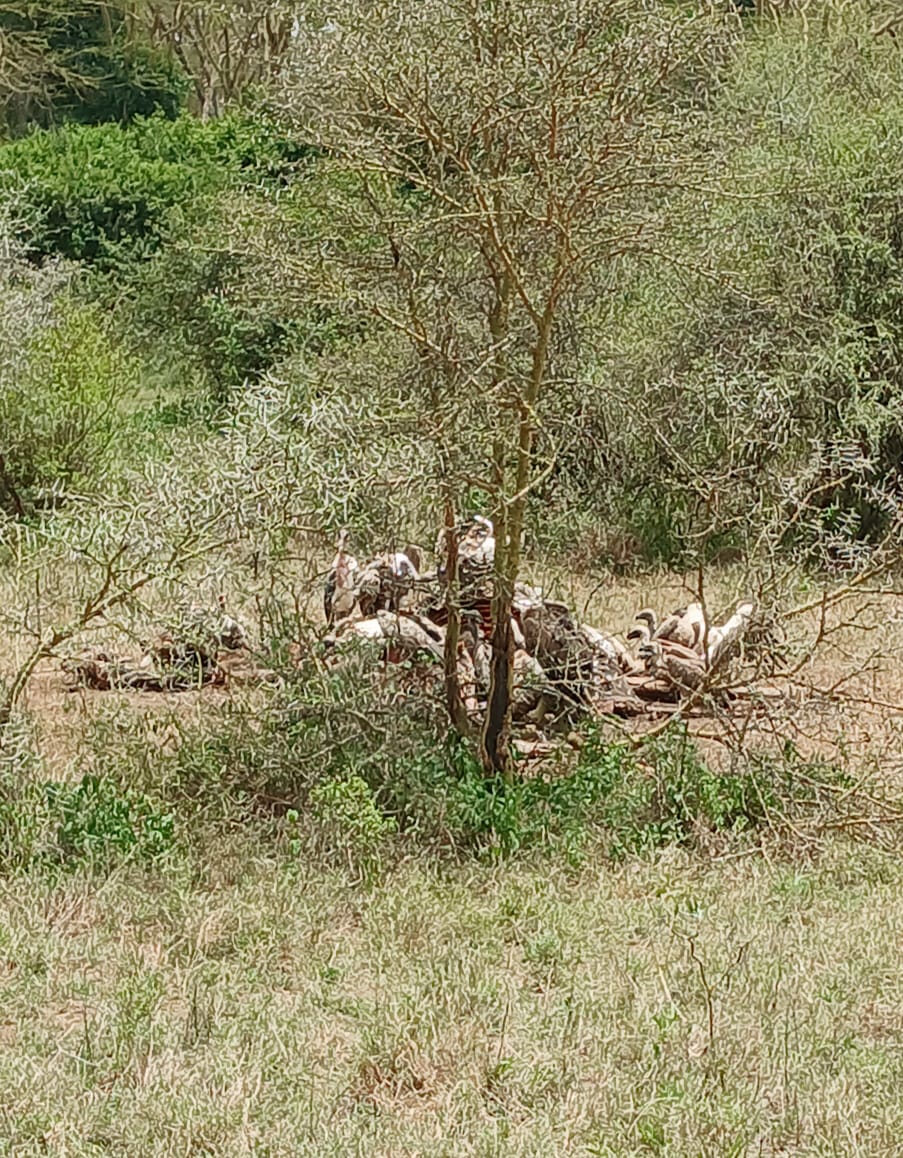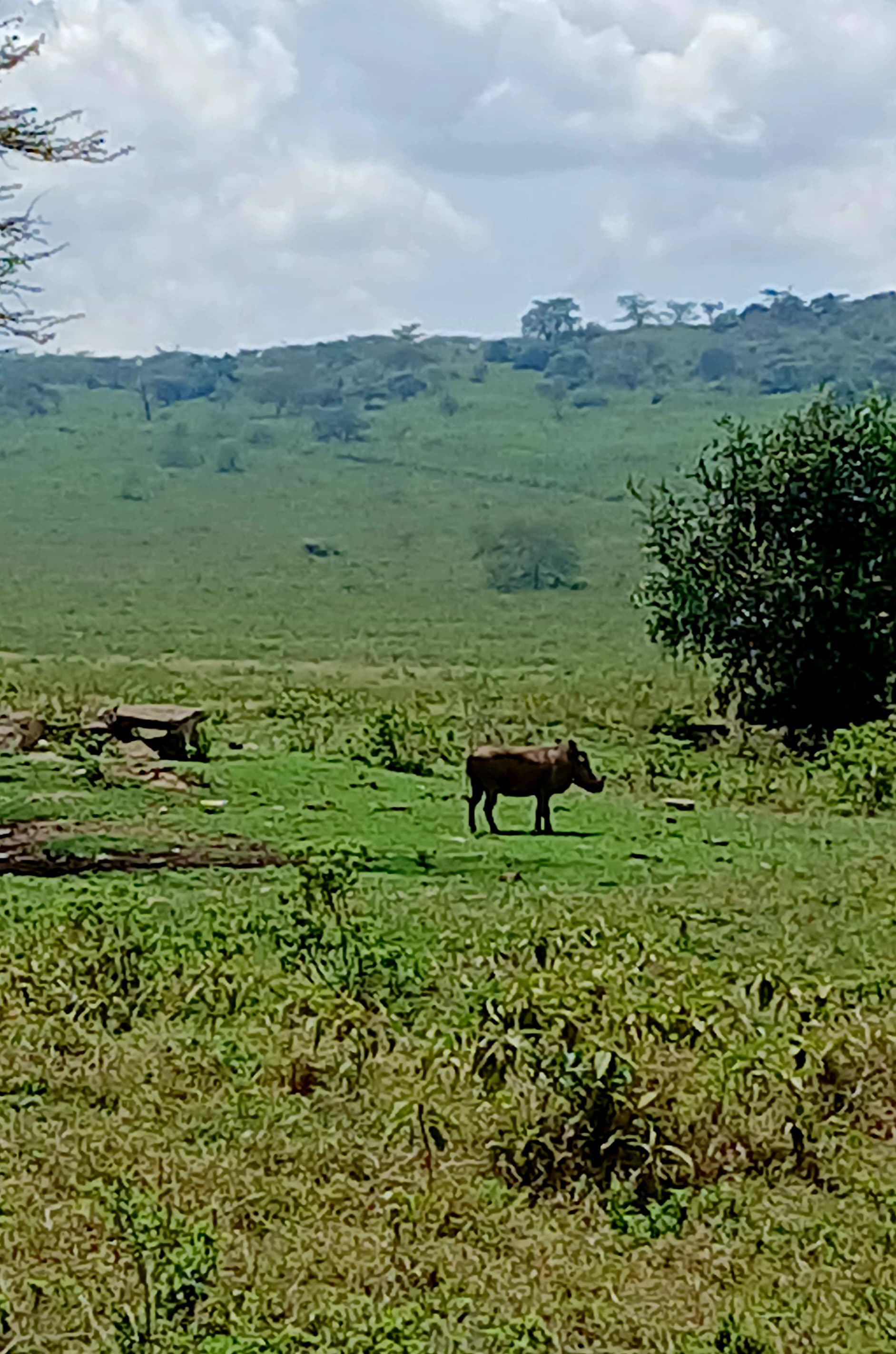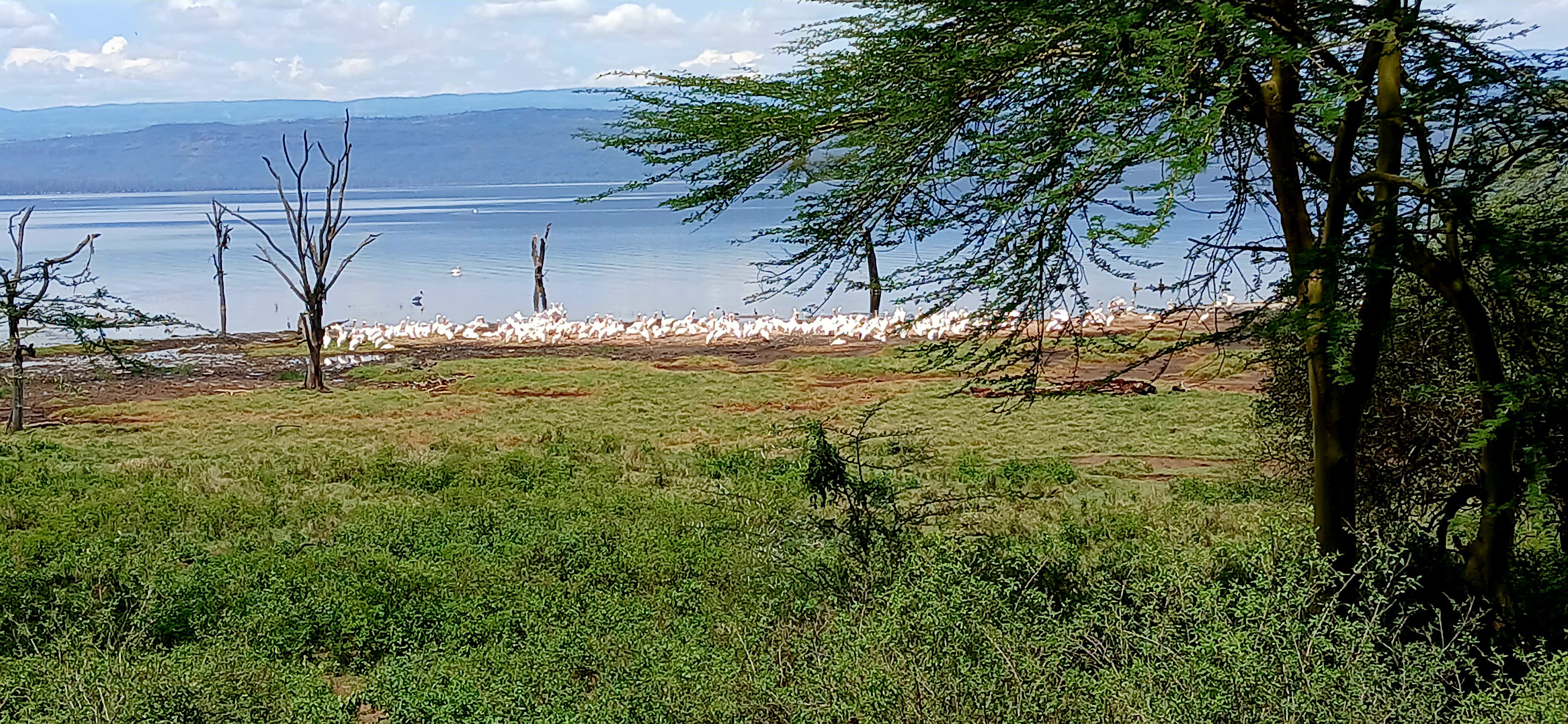
The Plant Husbandry course provides students with a comprehensive understanding of the principles and practices associated with the cultivation, management, and production of crops. Covering both theoretical foundations and practical applications, this course emphasizes sustainable agricultural practices, plant biology, and the efficient use of resources in plant production systems.
Throughout the course, students will explore essential topics such as plant growth and development, soil management, pest and disease control, and the effective use of fertilizers and irrigation. Additionally, the course will highlight the importance of environmental stewardship and the role of agriculture in food security and ecosystem health.
Learning Objectives:
By the end of this course, students will be able to:
- Understand the physiological and environmental factors influencing plant growth and development.
- Implement best practices for soil management, including soil fertility and health assessment.
- Identify common pests and diseases affecting crops and develop integrated pest management strategies.
- Utilize sustainable practices in crop production, including organic farming techniques and conservation strategies.
- Plan and manage crop production systems, considering economic and environmental constraints.
- Teacher: felix biwot

